Thai Basil Companion Plants: The Best To Grow Together
Title: Thai Basil Companion Plants: The Best to Grow Together
Introduction:
Thai basil is a delicious and versatile herb that can be used in a variety of dishes, from Thai curries to pesto. It is also a relatively easy herb to grow, and can be planted in the garden or in a container.
One of the best things about Thai basil is that it can be companion planted with a variety of other plants. Companion planting is the practice of planting certain plants together in order to benefit each other. For example, some plants can attract beneficial insects, while others can help to repel pests.
In this blog post, we will discuss some of the best companion plants for Thai basil. We will also provide some tips on how to plant and care for these plants together.
Main Content:
Here are some of the best companion plants for Thai basil:
- Tomatoes: Tomatoes and Thai basil are a classic combination. They have similar growing conditions and their flavors complement each other well. When planted together, tomatoes can help to deter pests from Thai basil, and Thai basil can help to improve the flavor of tomatoes.
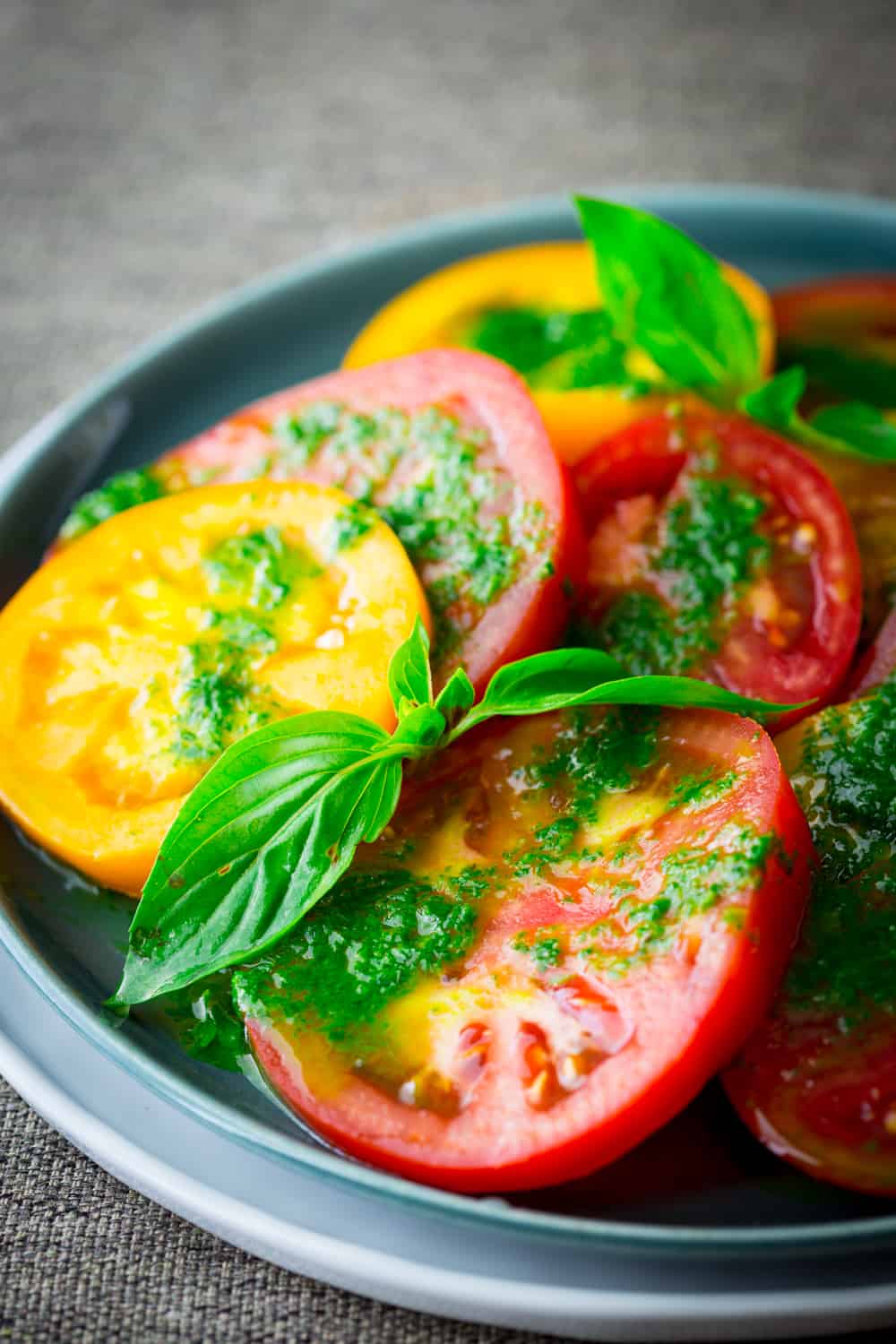
- Peppers: Peppers and Thai basil are another great combination. They both thrive in full sun and well-drained soil. Peppers can help to deter pests from Thai basil, and Thai basil can help to improve the flavor of peppers.
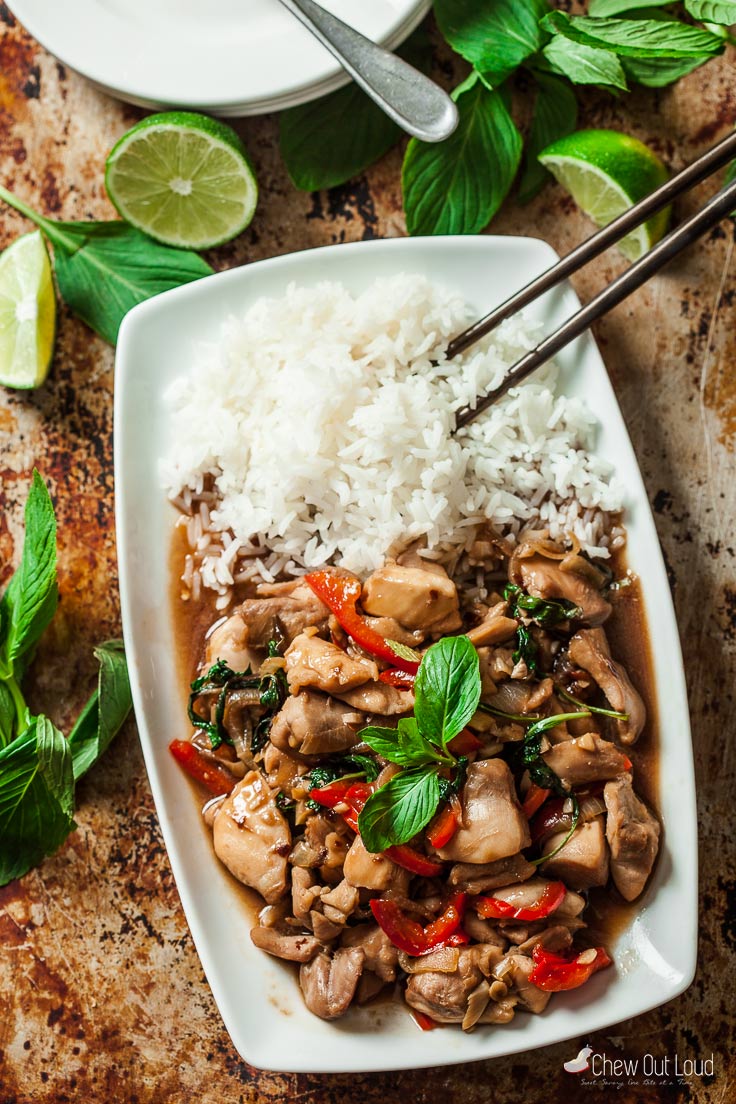
- Carrots: Carrots and Thai basil are a less common companion plant combination, but they can work well together. Carrots can help to deter pests from Thai basil, and Thai basil can help to improve the flavor of carrots.
- Beans: Beans and Thai basil are a good choice for companion planting because they help each other to grow. Beans fix nitrogen in the soil, which can benefit Thai basil. Thai basil can help to deter pests from beans.

- Cucumbers: Cucumbers and Thai basil can be planted together, but it is important to plant them far enough apart so that they do not shade each other. Cucumbers can help to deter pests from Thai basil, and Thai basil can help to improve the flavor of cucumbers.

- Eggplant: Eggplant and Thai basil can be planted together, but it is important to plant them far enough apart so that they do not shade each other. Eggplant can help to deter pests from Thai basil, and Thai basil can help to improve the flavor of eggplant.
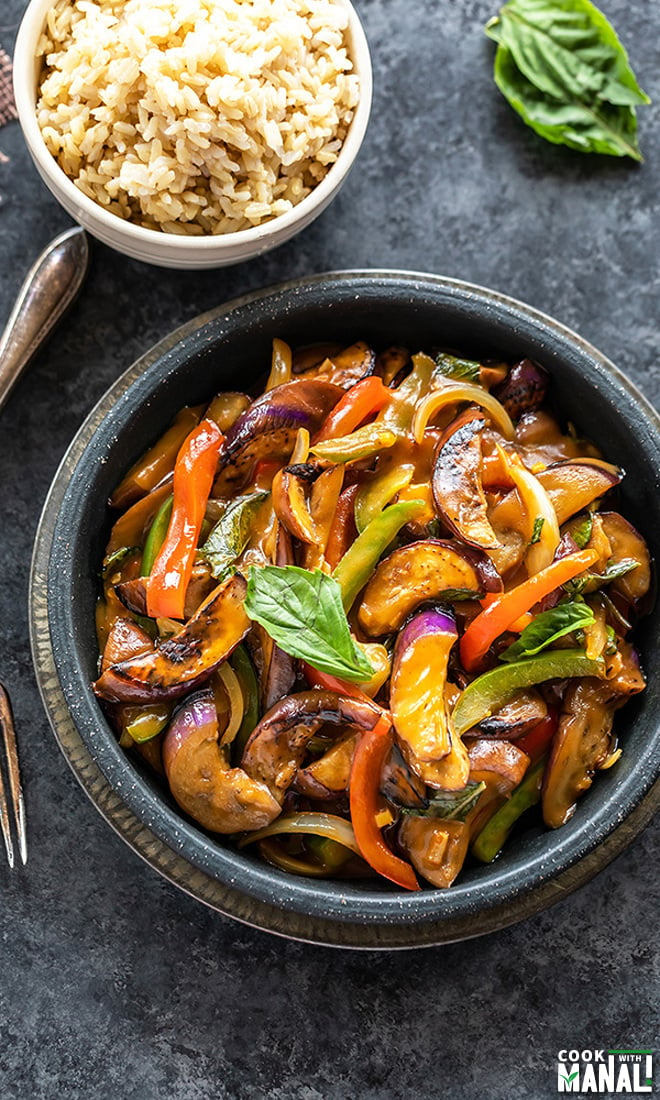
- Okra: Okra and Thai basil can be planted together, but it is important to plant them far enough apart so that they do not shade each other. Okra can help to deter pests from Thai basil, and Thai basil can help to improve the flavor of okra.

- Squash: Squash and Thai basil can be planted together, but it is important to plant them far enough apart so that they do not shade each other. Squash can help to deter pests from Thai basil, and Thai basil can help to improve the flavor of squash.

- Melons: Melons and Thai basil can be planted together, but it is important to plant them far enough apart so that they do not shade each other. Melons can help to deter pests from Thai basil, and Thai basil can help to improve the flavor of melons.
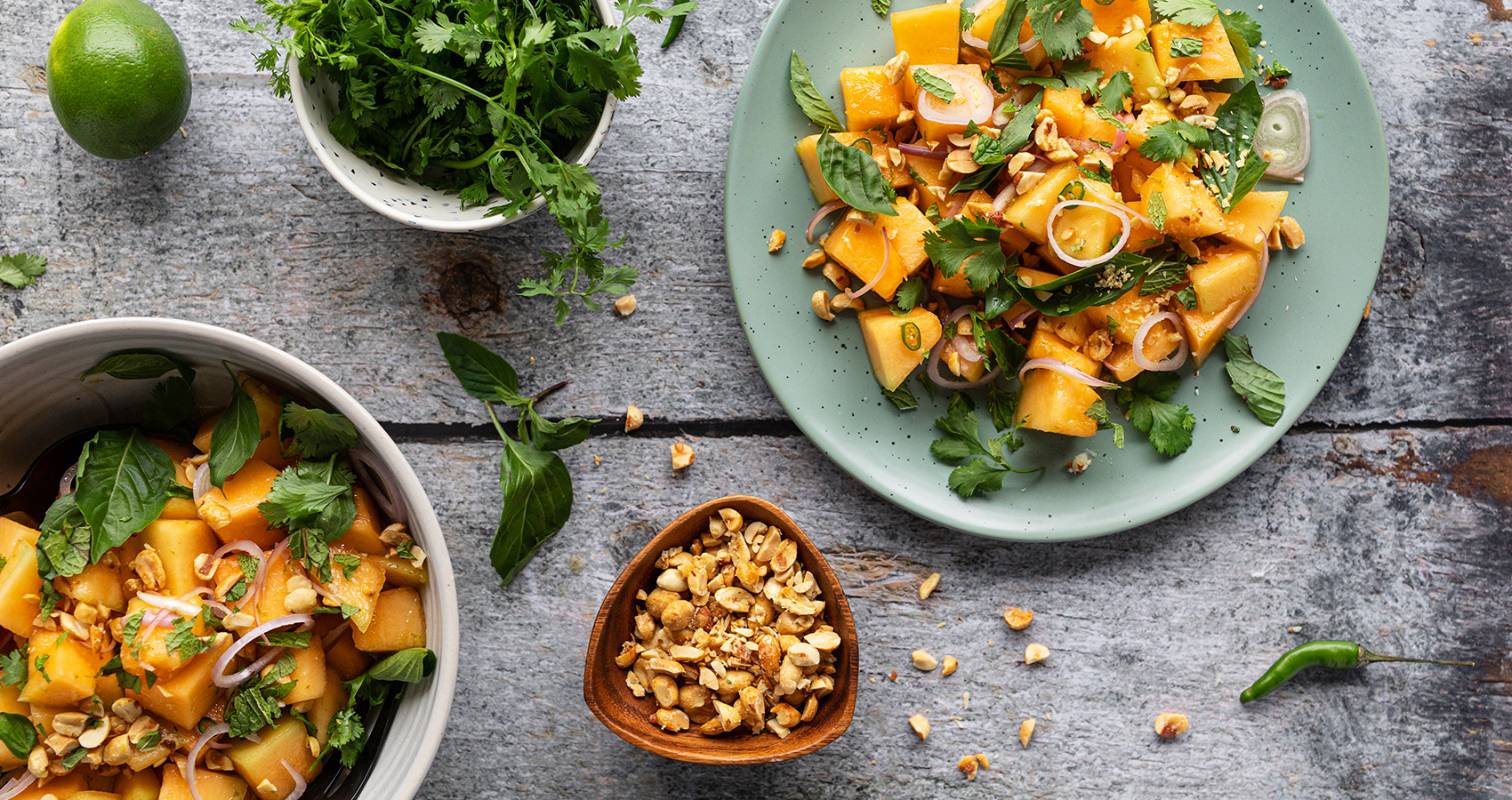
Tips for Planting and Caring for Thai Basil Companion Plants:
- When planting Thai basil companion plants, it is important to space them properly. The plants should be spaced far enough apart so that they do not shade each other.
- Thai basil companion plants should be watered regularly. They should also be fertilized regularly, especially during the growing season.
- Thai basil companion plants should be protected from pests and diseases. If you notice any pests or diseases, treat them immediately.
Conclusion:
Thai basil is a delicious and versatile herb that can be grown with a variety of other plants. By companion planting Thai basil with the right plants, you can help to improve the growth and flavor of both plants.
Thai basil is a delicious and versatile herb that can be used in a variety of dishes. But did you know that there are certain plants that you should and should not plant near Thai basil?
Some of the best companion plants for Thai basil include tomatoes, parsley, cilantro, and chives. These plants help to repel pests and improve the flavor of Thai basil. On the other hand, you should avoid planting Thai basil near cucumbers, fennel, common rue, sage, and thyme. These plants can stunt the growth or flavor of Thai basil.
For more information about Thai basil companion plants, please visit Home Gardening.
FAQ of thai basil companion plants
- What are some good companion plants for Thai basil?
Some good companion plants for Thai basil include tomatoes, parsley, cilantro, chives, marigolds, potatoes, and root vegetables. These plants all have similar growing conditions and can help to deter pests and diseases. For example, tomatoes and Thai basil can help each other to grow better by attracting pollinators and repelling pests.
- What are some bad companion plants for Thai basil?
Some bad companion plants for Thai basil include bay, rosemary, and sage. These plants prefer drier conditions than Thai basil and can compete for nutrients. Additionally, the strong scents of these plants can inhibit the growth of Thai basil.
- How far apart should Thai basil companion plants be planted?
The spacing requirements for Thai basil companion plants will vary depending on the specific plants involved. However, as a general rule, you should plant Thai basil companion plants at least 12 inches apart. This will give them enough space to grow and thrive.
- What are some benefits of companion planting Thai basil?
There are several benefits to companion planting Thai basil. First, companion planting can help to deter pests and diseases. For example, the strong scent of Thai basil can repel pests such as aphids, mosquitoes, and whiteflies. Second, companion planting can help to improve the growth and flavor of Thai basil. For example, tomatoes can help to improve the flavor of Thai basil by attracting pollinators. Third, companion planting can help to conserve water and soil nutrients. For example, root vegetables can help to improve the drainage of the soil, which can benefit Thai basil.
- What are some tips for companion planting Thai basil?
Here are some tips for companion planting Thai basil:
* Do your research. Before you plant any companion plants, take some time to research their specific needs and requirements. This will help you to ensure that you are planting compatible plants that will benefit each other.
* Plant in the right location. Thai basil prefers full sun and well-drained soil. When choosing a location for your Thai basil companion plants, make sure that they will receive the same amount of sunlight and soil conditions.
* Space plants appropriately. As mentioned above, it is important to space Thai basil companion plants appropriately. This will give them enough space to grow and thrive.
* Water and fertilize regularly. Thai basil requires regular watering and fertilizing. Make sure to water your plants deeply and consistently, and fertilize them every few weeks.
* Monitor your plants for pests and diseases. Companion planting can help to deter pests and diseases, but it is still important to monitor your plants regularly. If you see any signs of pests or diseases, take action immediately to prevent them from spreading.
Image of thai basil companion plants
- Tomatoes: Tomatoes and Thai basil are a classic companion plant combination. They both enjoy full sun and well-drained soil. Tomatoes can help deter pests from Thai basil, and Thai basil can help improve the flavor of tomatoes.
- Peppers: Peppers are another good companion plant for Thai basil. They have similar growing requirements and can help each other repel pests.

- Cilantro: Cilantro and Thai basil are both members of the mint family, and they have a complementary flavor profile. They can be planted together in a container or in the garden.
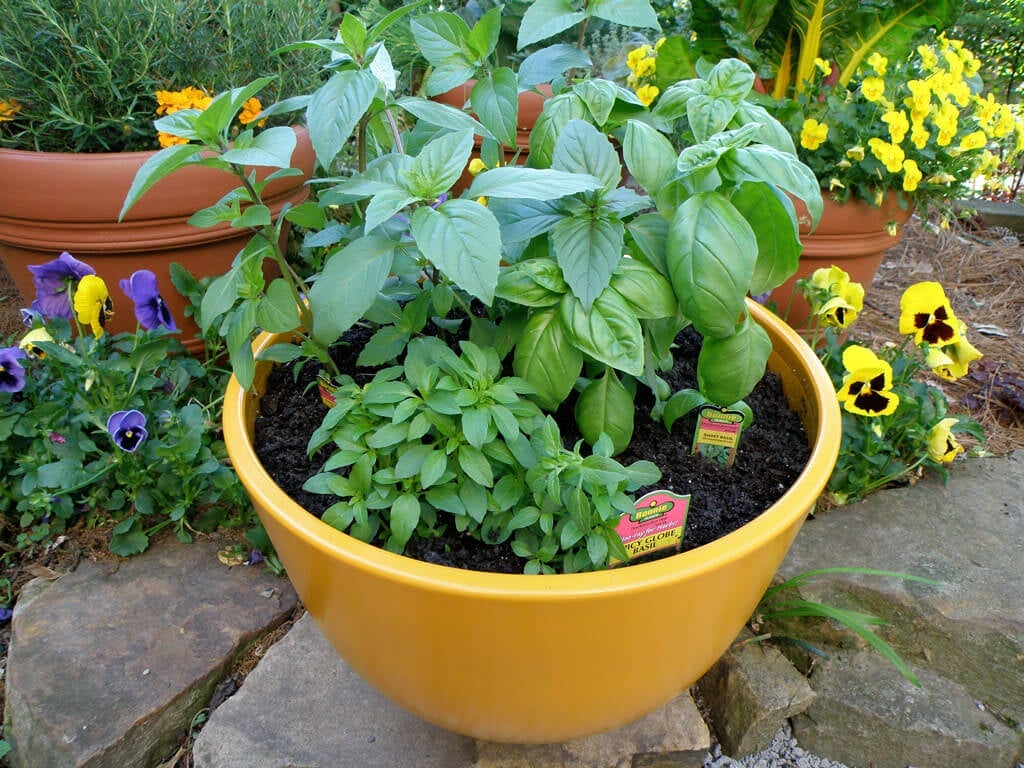
- Chives: Chives are another herb that can be planted with Thai basil. They help repel pests and can also add a bit of onion flavor to dishes.

- Parsley: Parsley is a good companion plant for Thai basil because it helps attract beneficial insects. It can also be used to flavor dishes in a similar way to Thai basil.
- Marigolds: Marigolds are not technically herbs, but they are often grown as companion plants. They help repel pests and can also improve the flavor of tomatoes and other vegetables.

- Potatoes: Potatoes and Thai basil can be planted together in the garden. Thai basil can help deter pests from potatoes, and potatoes can help provide shade and moisture for Thai basil.

- Borage: Borage is a flowering herb that can be planted with Thai basil. It attracts beneficial insects and can also be used to flavor dishes.
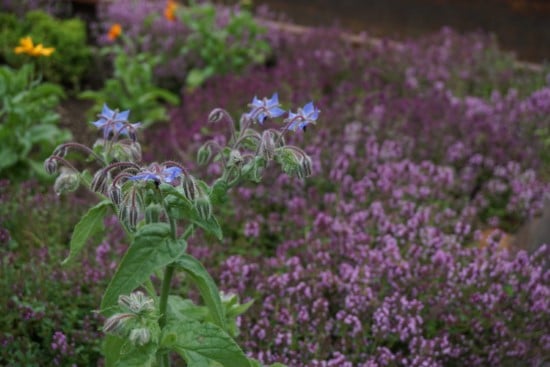
- Oregano: Oregano is another herb that can be planted with Thai basil. It has a strong flavor that can complement the milder flavor of Thai basil.
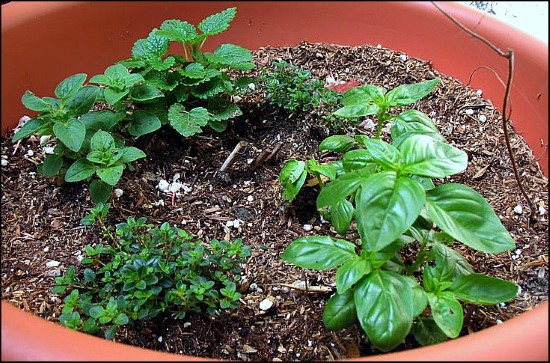

Post a Comment for "Thai Basil Companion Plants: The Best To Grow Together"